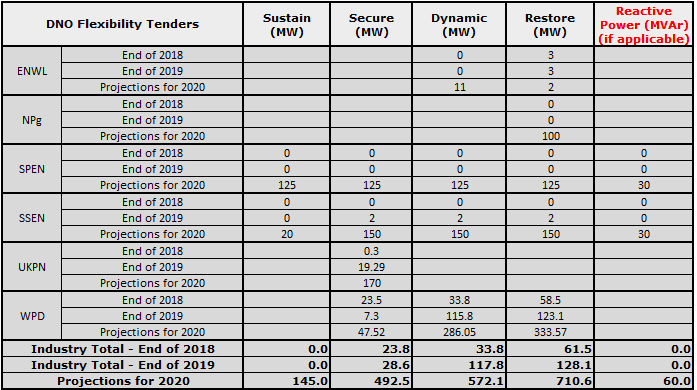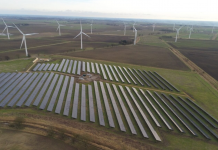UK Power Networks has awarded contracts for 123MW of flexible power worth £14m, with flexibility from electric vehicles making up part of the mix.
The DNO said the procurement round, it’s biggest by far, includes a “world first” agreement for flexibility on a low voltage network.
The tender aimed to find flexibility solutions for 55 high voltage zones and 60 low voltage zones. It managed to contract with 16 providers for 42 of the high voltages zones and 15 of the low voltage areas.
UKPN said flexibility contracted will come from the usual sources – distributed generation and batteries – as well as domestic flexibility from virtual power plants aggregating heat pumps, household batteries and electric vehicles.
UKPN has previously contracted flexibility but at much smaller levels. Head of smart grid development, Sotiris Georgiopoulos, said the latest tender round shows the market is starting to mature.
“Three years ago we set out our Flexibility Roadmap and hitting more than 100MW is an important milestone that shows the market is really gathering pace. We could not have reached this without working really closely with the industry to co-design the products we’re offering and make the market open, transparent and accessible.”
Georgiopoulos said flexibility “is the future”.
“It is arguably the single most important element of a decarbonised smart electricity network. It gives us the flexibility we need to enable more renewable energy and forms a crucial element of the journey towards Net Zero.”
The procurement round was enabled by the Piclo flex marketplace.
Last year UKPN contracted 18.1MW of flex at a cost of £450,000. That suggests an average price of around £25,000/MW. This year’s procurement round suggests the DNO is paying a significantly higher price, at an average of around £114,000/MW.
UKPN said this was because the contracts it has signed this year are for “significantly longer … an average of more than five years compared to an average of a couple of years in previous tenders”.
A spokesperson indicated long-term contracts at higher prices meant flex providers were willing to commit, which chimes with suggestions that local flexibility has so far been undermined by a lack of long term price signals for investors.
“Flexibility providers appear to have used this opportunity to contract for considerably longer term contracts on average, compared to last year when most providers opted for short duration ones,” said the DNO. “It demonstrates that by listening to each other and working together we can come up with opportunities that the market wants to participate in.”
Earlier this year Ofgem told DNOs to start making inroads on flex procurement if they want it to be reflected in the next price control period.
DNOs have responded with plans to buy 2GW of flexibility in 2020 (see below), though no DNO to date has managed to buy the maximum amount sought in any tender.

Related stories:
Charging reform ‘key to DNO flex’
Ofgem: DNOs ‘must make progress with flex this year’
UKPN: We’ll give flex every change before resorting to reinforcement
AMP, Limejump, Moixa and Powervault take UKPN flex contracts



